Hai Phong Department of Health has just informed about the case of a patient transferred from the Central Hospital for Tropical Diseases to the locality and died with a diagnosis of Dengue shock - severe pneumonia, secondary infection, multiple organ failure.
According to information from the Hai Phong Department of Health, at around 4:00 p.m. on August 8, 2024, Le Chan District Medical Center received information from the Hai Phong CDC reporting a case of a patient named Bui THH, born in 1979, who died at his home in Thien Loi, Le Chan District with a diagnosis of Dengue shock - severe pneumonia, secondary infection, and multiple organ failure.
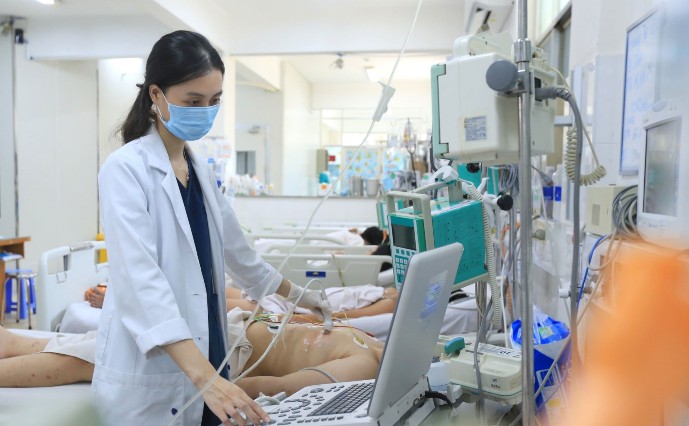 |
| Dengue fever epidemic is complicated with many serious cases. |
Accordingly, Le Chan Medical Center has directed the Department of Disease Control to go to the area to coordinate with the Health Station to conduct epidemiological investigation, monitoring, and collecting information about the case and related cases.
Through information provided by patient H's mother, it shows that from June 18, 2024, Ms. Nguyen Thi H - mother of patient H. (21/271 Tran Nguyen Han) had dengue fever and was treated in Hanoi . At this time, Ms. H. did not show any signs of the disease, so she was still taking care of her mother at the Central Hospital for Tropical Diseases.
On June 20, 2024, Ms. H. was diagnosed with dengue fever and was hospitalized at the Central Hospital for Tropical Diseases on June 26, 2024. Here, patient H. received mechanical ventilation, blood filtration, and intravenous fluids, but her condition did not improve, her pneumonia worsened, she developed secondary infections, and multiple organ failure. On August 8, 2024, patient H.'s family asked to return home for treatment. At 3:52 p.m. on August 8, 2024, patient H. died at home.
Regarding dengue fever, experts currently believe that the epidemic is developing complicatedly. Recently, the Tropical Disease Center, Bach Mai Hospital has continuously received dozens of severe dengue fever cases, complicated developments with many warning signs and dangerous complications, high risk of death. Notably, many patients are young but have severe developments.
According to Associate Professor, Dr. Do Duy Cuong, Director of the Center for Tropical Diseases, a male patient (25 years old, in Hoang Mai district, Hanoi) had a fever for 5 days and was hospitalized and tested positive for Dengue fever. During treatment, the patient had severe liver failure, rapid platelet decline, and blood thickening.
A 62-year-old female patient (in Dan Phuong district, Hanoi) was admitted to the hospital after nearly a week of intermittent high fever, fatigue, body aches, and poor appetite. The patient had a history of high blood pressure, arthritis, and regularly used painkillers and was diagnosed with severe dengue fever.
Through testing, this is Dengue type 2. After 1 day of hospitalization, the patient's condition worsened, platelets decreased sharply, liver enzymes increased, liver failure. The patient had to be intubated, put on a ventilator, continuous blood filtration and treated with antibiotics. However, the severe condition due to multiple organ failure made the risk of death very high.
The Department of Infectious Diseases, Dong Da General Hospital has treated more than 100 dengue fever patients since the beginning of the year. There were no cases in May and June alone, but from July until now, the department has received 55 cases.
Doctor Duong Quoc Bao, Deputy Head of the Department of Infectious Diseases, said that the number of dengue fever cases is likely to increase in August and September.
According to the report of the Hanoi Center for Disease Control (CDC), in June, Hanoi recorded 30-70 cases of dengue fever per week; from late July to early August, it increased to 120-170 cases per week. Since the beginning of the year, Hanoi has recorded 1,579 cases of dengue fever and 57 outbreaks.
The disease is characterized by bleeding and plasma leakage, which can lead to hypovolemic shock, blood clotting disorders, organ failure, and if not diagnosed early and treated promptly, can easily lead to death.
Dengue fever has diverse clinical manifestations, progressing rapidly from mild to severe. The disease usually starts suddenly and progresses through three stages: febrile stage, critical stage and recovery stage.
Early detection of the disease and understanding the clinical problems in each stage of the disease helps in early diagnosis, correct and timely treatment, to save the patient's life.
The febrile phase will have symptoms such as sudden, continuous high fever, headache, loss of appetite, nausea, skin congestion, muscle pain, joint pain, pain in both eye sockets. There are often petechiae under the skin, bleeding gums or nosebleeds. The dangerous phase is usually on the 3rd - 7th day of the disease.
The patient may still have a fever or the fever may have subsided. There may be symptoms: severe and continuous abdominal pain or increased pain, especially in the liver area, vomiting. Symptoms of plasma leakage due to increased vascular permeability (usually lasting 24-48 hours).
If there is a lot of plasma leakage, it will lead to shock with symptoms such as restlessness, restlessness or lethargy, cold extremities, rapid and weak pulse, stuck blood pressure or low blood pressure, unmeasurable blood pressure, undetectable pulse, cold skin, purple veins (severe shock), and little urine.
Some severe cases may have organ failure such as severe liver damage/liver failure, kidney, heart, lung, brain, impaired perception, and failure of other organs.
These severe manifestations may occur in patients with or without plasma leakage shock. The recovery period is usually from day 7 to 10. The convalescence period may last for months.
To completely eliminate mosquitoes that cause dengue fever, Deputy Director of Hanoi CDC Khong Minh Tuan recommends that people should pay attention to regularly checking household items such as: vases, barrels, jars, broken pieces, bottles, stagnant water waste, water storage items, etc.
These items should be turned upside down when not in use. Eliminating the breeding and development environment of mosquitoes is the most fundamental, long-term, effective and economical disease prevention measure.
Along with that, promote communication to the community about the epidemic situation and prevention and control measures so that people can proactively implement timely disease prevention and treatment measures, limiting serious cases and deaths.



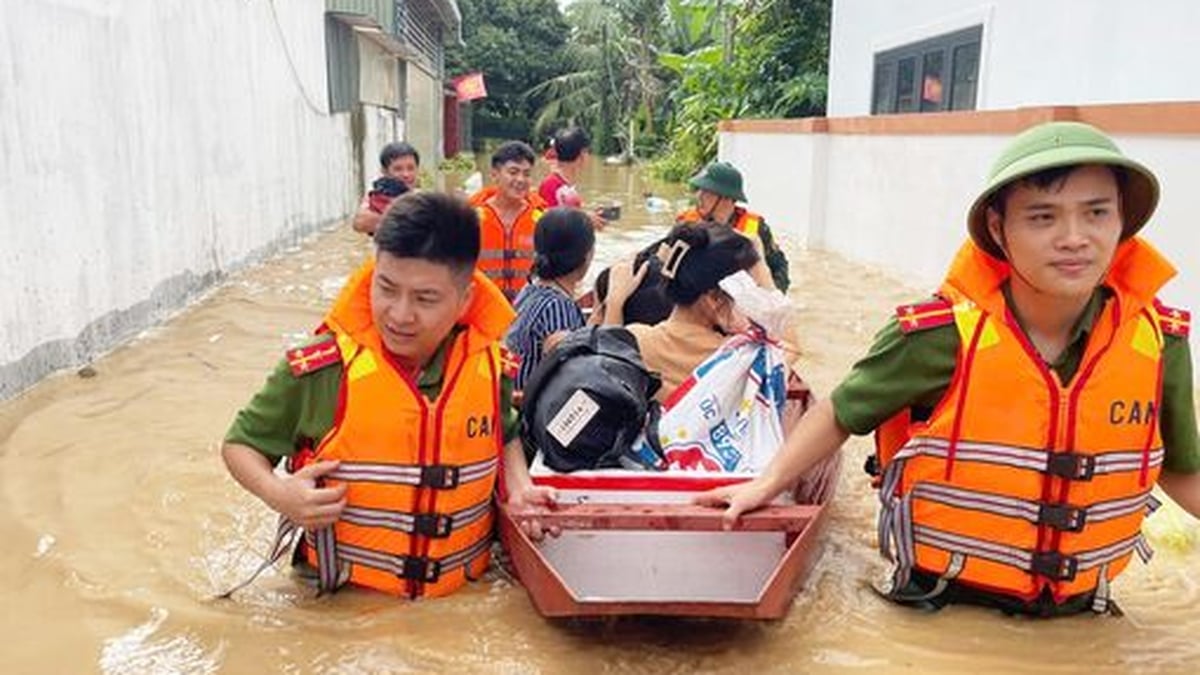

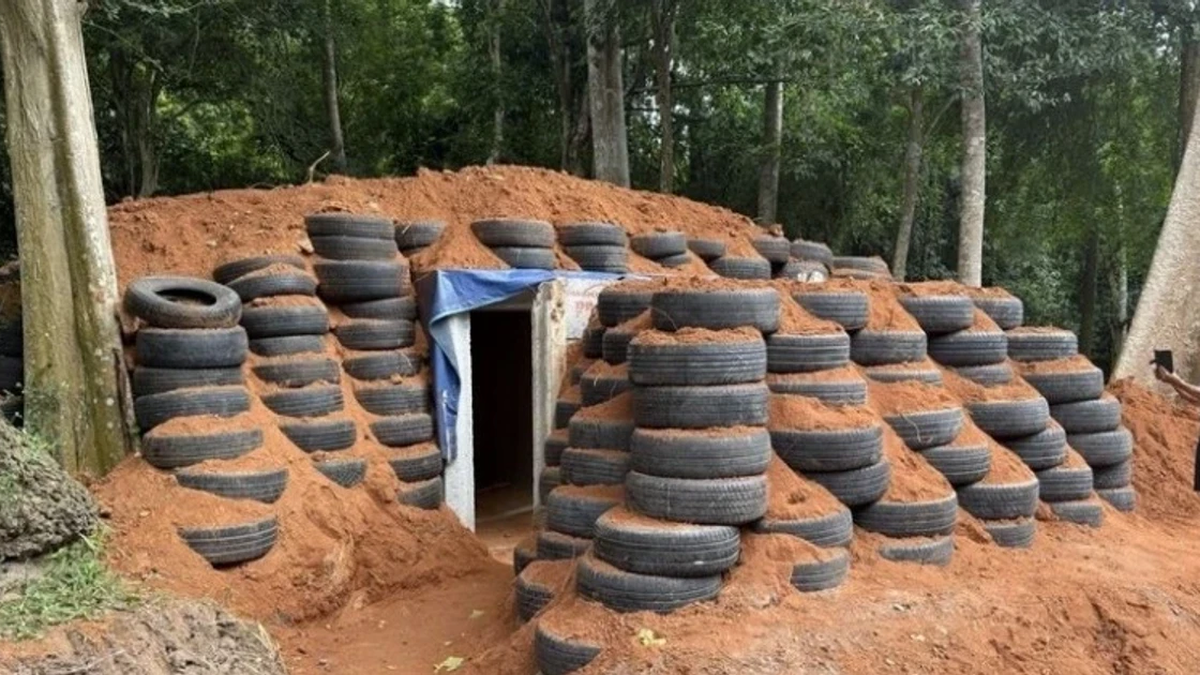
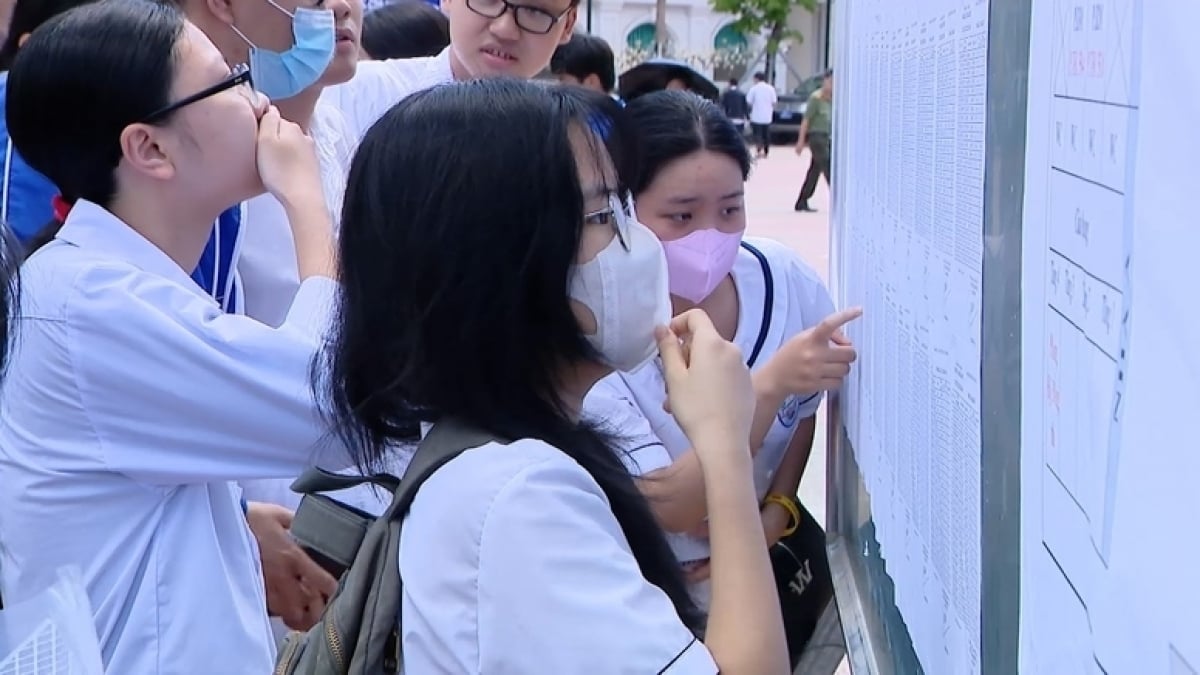


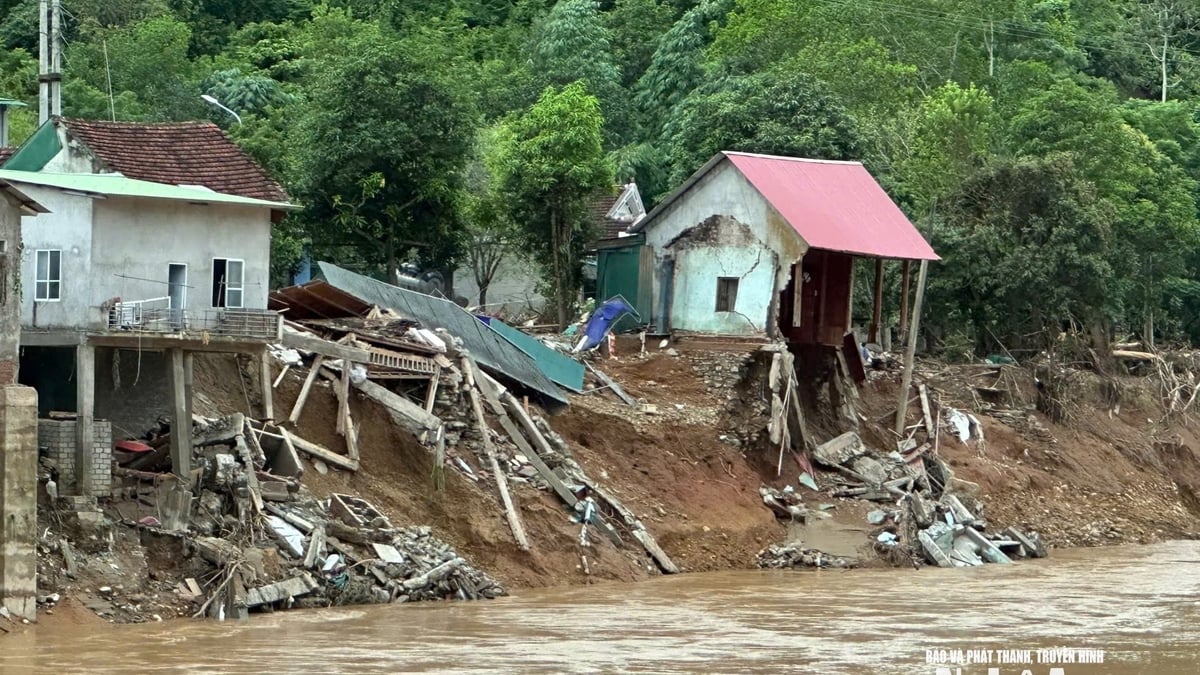

![[Video] Many universities lower their minimum scores: Be careful with “low scores, high standards”](https://vphoto.vietnam.vn/thumb/1200x675/vietnam/resource/IMAGE/2025/7/25/f91e64a5fa2c4a86a3b57997e5b263fc)

















![[Photo] Signing of cooperation between ministries, branches and localities of Vietnam and Senegal](https://vphoto.vietnam.vn/thumb/1200x675/vietnam/resource/IMAGE/2025/7/24/6147c654b0ae4f2793188e982e272651)












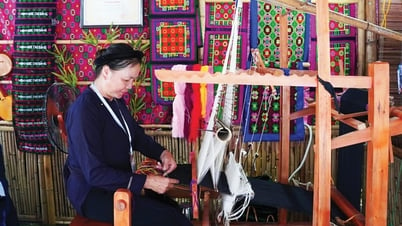




















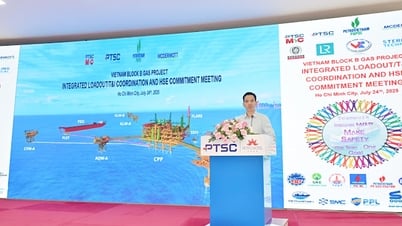


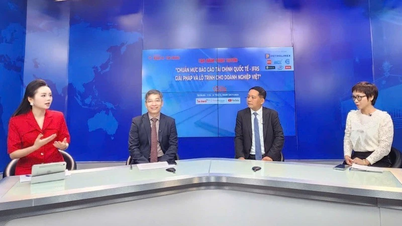



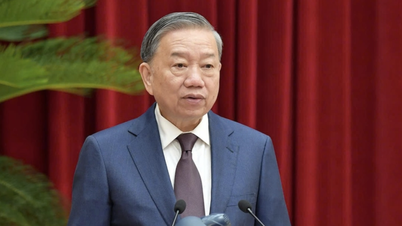






















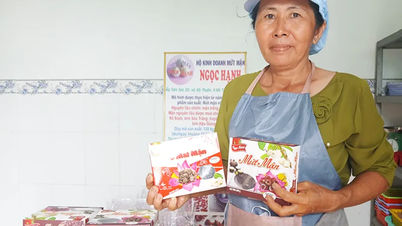








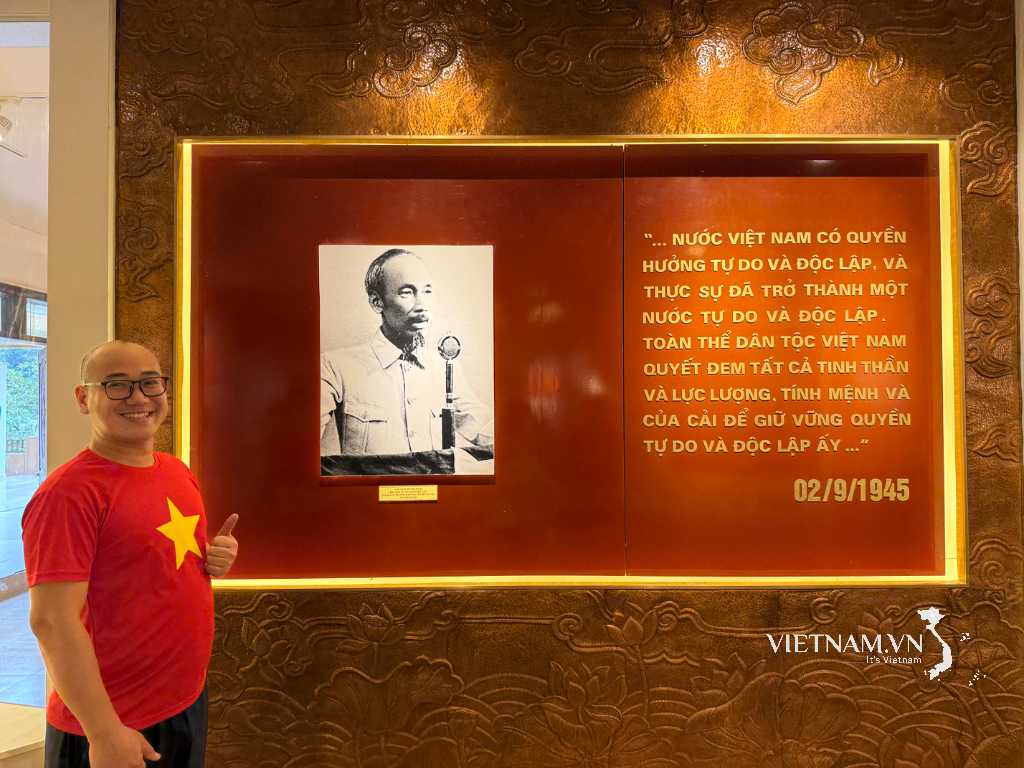
Comment (0)